The 7 Habits of Highly Effective People
Stephen Covey's "The 7 Habits of Highly Effective People" is one of the most influential personal development books ever written. It offers a principle-centered approach to personal and professional effectiveness, shifting focus from quick fixes to fundamental character growth. The book helps individuals and organizations move from dependence to interdependence, leading to sustainable success and meaningful relationships.
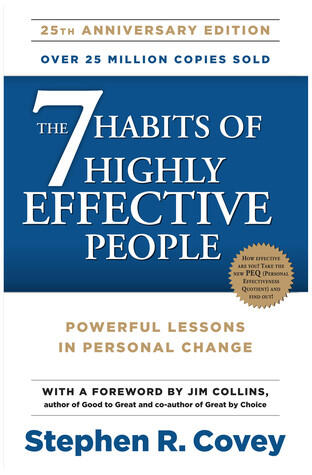
Stephen R. Covey
Stephen R. Covey (1932-2012) was a leadership expert, speaker, and business consultant. His work has influenced millions worldwide, helping them develop a principle-based approach to success. His legacy continues through FranklinCovey, a global leadership development firm.
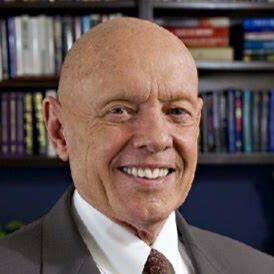
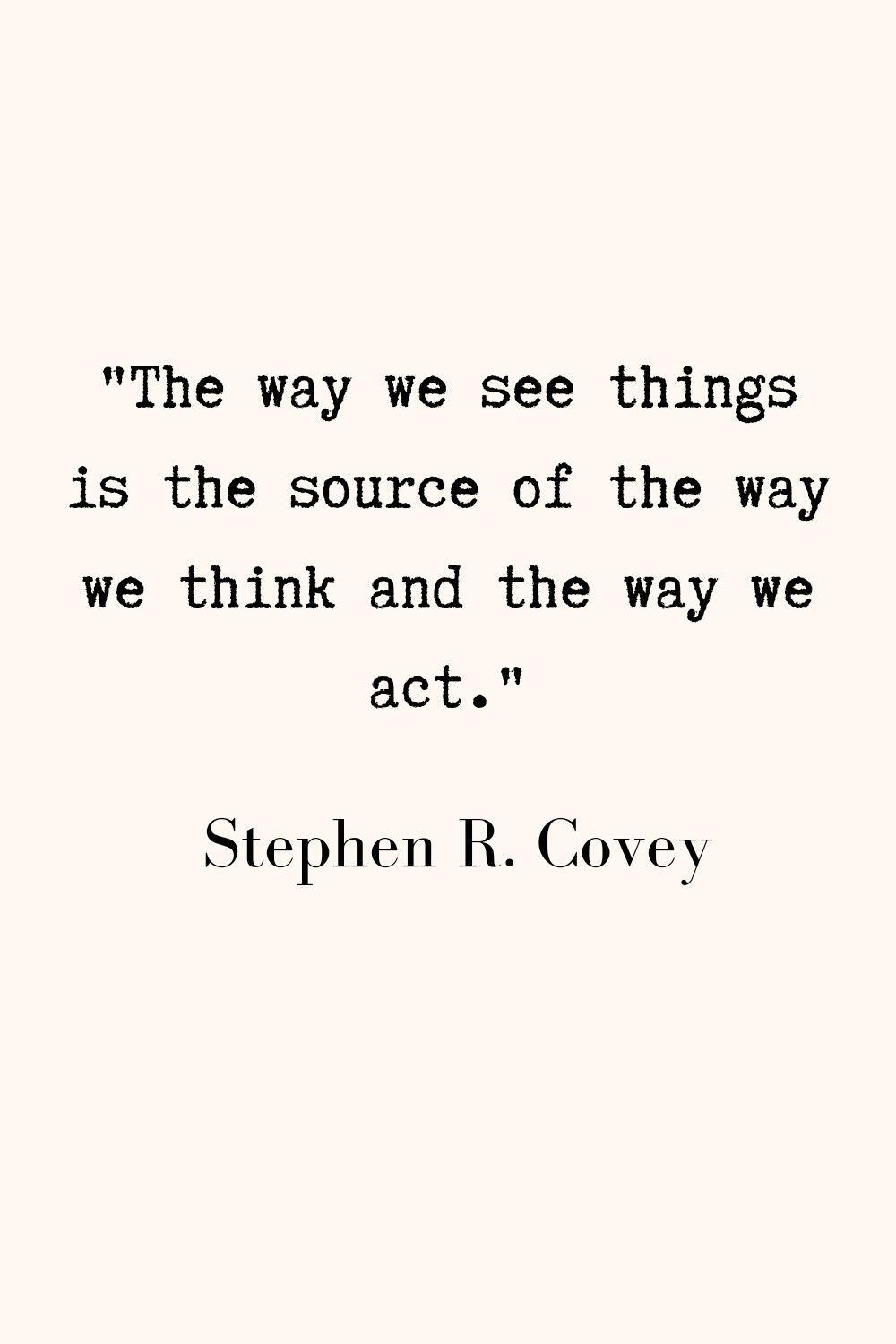
Short Summary
Chapter 1: The Paradigm Shift
Meet John, a mid-level manager struggling with career stagnation and personal dissatisfaction. He constantly reacts to external pressures without a clear sense of direction. His stress is mounting, and his relationships are suffering.
Chapter 2: The Discovery of the 7 Habits
John stumbles upon Covey’s framework, learning that true success isn’t about managing time better or working harder, but about aligning actions with core principles. He begins to explore each habit, seeing how they create a powerful transformation.
Chapter 3: Application of the 7 Habits
John starts practicing the first three habits, shifting from dependence to independence. He begins setting clear goals, taking responsibility for his actions, and structuring his priorities effectively.
Chapter 4: Mastering Interdependence
John incorporates habits 4 to 6, improving collaboration, building trust, and fostering win-win relationships. His workplace efficiency skyrockets, and his personal life improves dramatically.
Chapter 5: Achieving Continuous Growth
By embracing Habit 7: Sharpen the Saw, John ensures lifelong improvement. He now enjoys a balanced life, feeling fulfilled both personally and professionally.
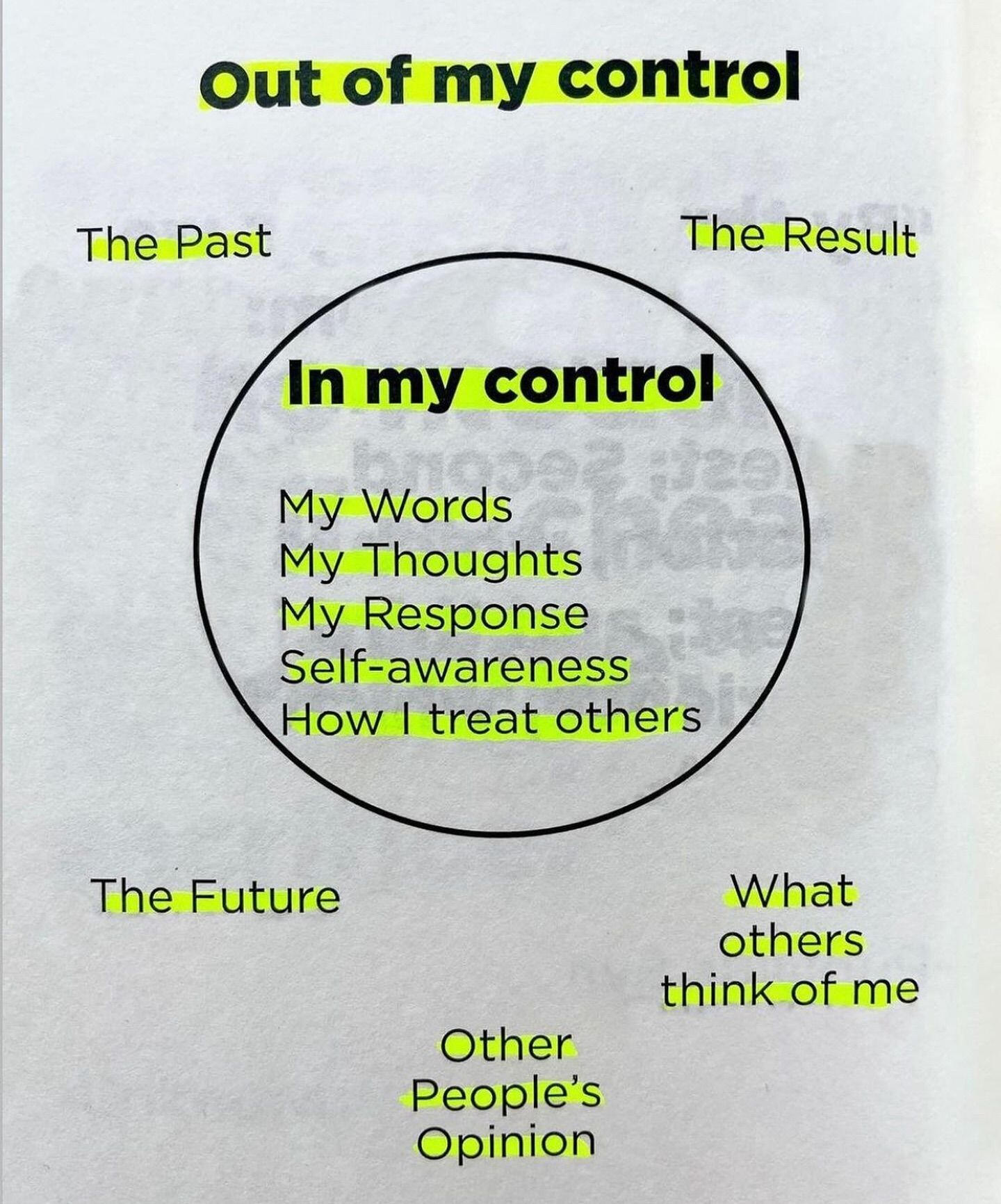
Main Ideas - Key Concepts Explained Clearly
✅ 1. Be Proactive (Habit 1)
Key Idea: Take responsibility for your actions instead of blaming circumstances.
Example: Viktor Frankl, a Holocaust survivor, maintained a positive mindset despite horrific conditions, proving that we control our reactions to life’s challenges.
✅ 2. Begin with the End in Mind (Habit 2)
Key Idea: Define a clear vision and work towards it with purpose.
Example: Successful companies like Apple create clear mission statements that guide every decision, ensuring long-term success.
✅ 3. Put First Things First (Habit 3)
Key Idea: Prioritize important tasks over urgent distractions.
Example: Dwight Eisenhower, U.S. President and military leader, used a priority matrix to manage time effectively, focusing on long-term impact.
✅ 4. Think Win-Win (Habit 4)
Key Idea: Seek mutually beneficial solutions in every interaction.
Example: Warren Buffett’s business deals emphasize long-term partnerships where both parties benefit, rather than one-sided gains.
✅ 5. Seek First to Understand, Then to Be Understood (Habit 5)
Key Idea: Develop deep listening skills to foster trust and collaboration.
Example: Abraham Lincoln was known for listening carefully before making decisions, earning respect from both allies and rivals.
✅ 6. Synergize (Habit 6)
Key Idea: Combine strengths to achieve greater results through teamwork.
Example: The Wright brothers combined their different skills to pioneer aviation, proving that collaboration fuels innovation.
✅ 7. Sharpen the Saw (Habit 7)
Key Idea: Continuously improve yourself physically, mentally, emotionally, and spiritually.
Example: Bill Gates takes reading sabbaticals, dedicating time to personal growth despite a busy schedule.
Practical Applications - How to Implement These Lessons Immediately
Write a Personal Mission Statement (Habit 2)
Use the Eisenhower Matrix to Prioritize Tasks (Habit 3)
Practice Empathic Listening in Conversations (Habit 5)
Schedule Weekly Self-Improvement Activities (Habit 7)
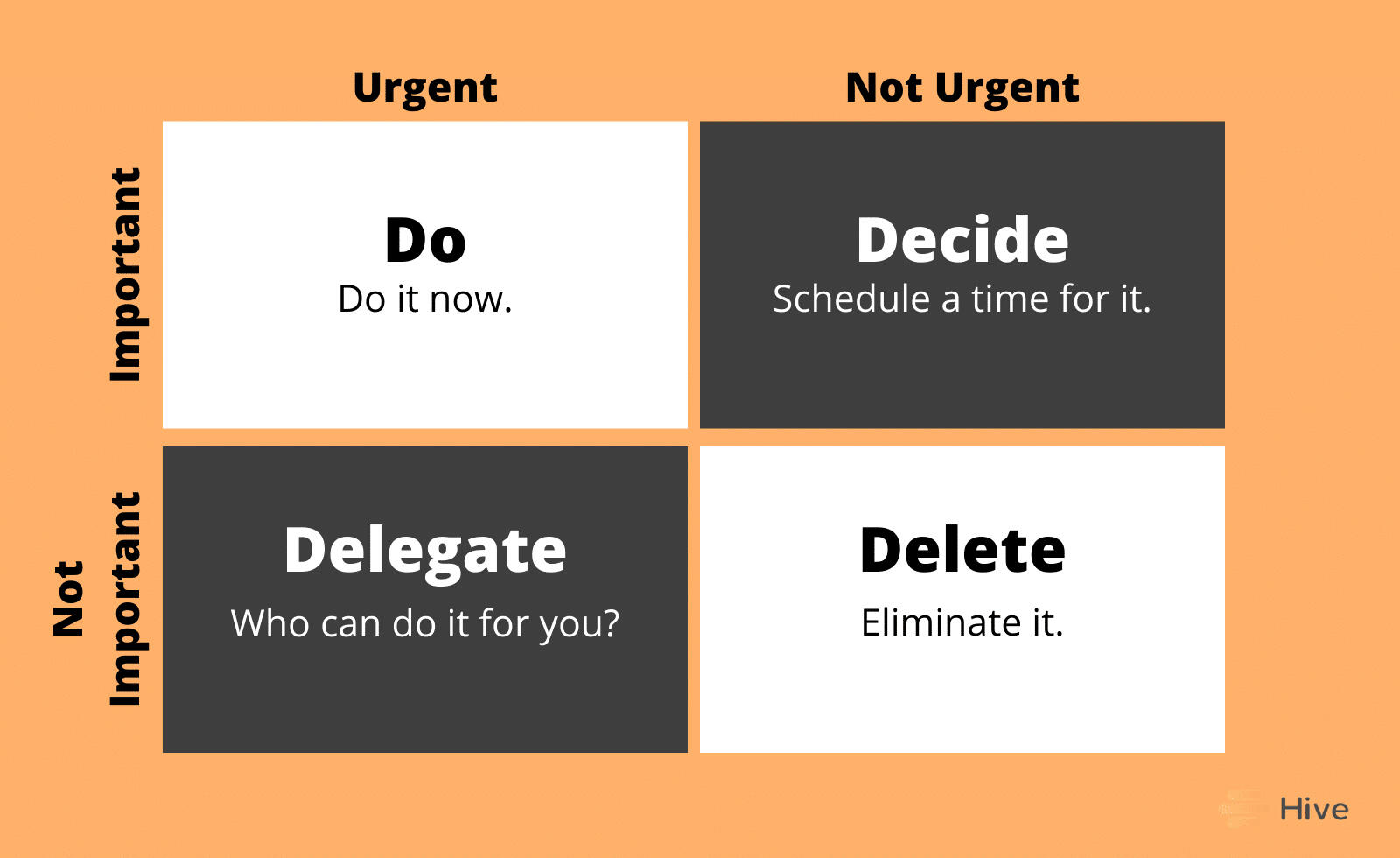

Briffio
Discover more short Briffio
© Briffio. All rights reserved.